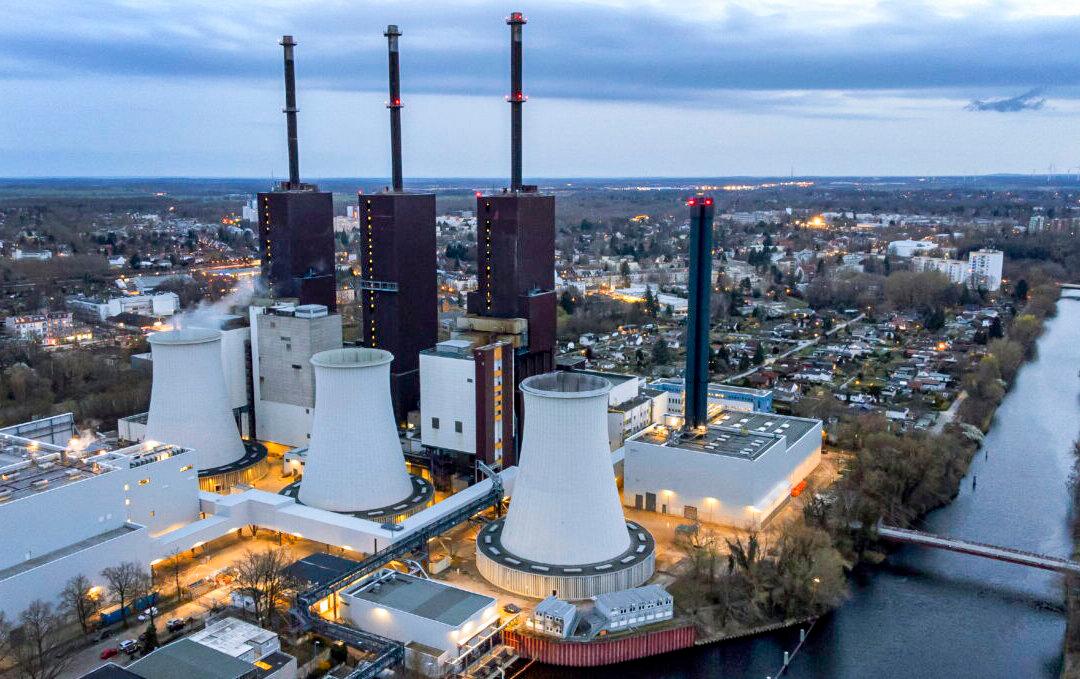Officials in Germany on Tuesday said that the situation with natural gas in the country was “tense” and could worsen, just days after the government triggered the “alert level” of its emergency gas plan.
In its gas supply report, the country’s Federal Network Agency, also known as Bundesnetzagentur, announced that it is “monitoring the situation very closely and is in constant contact with the companies in the gas industry.”




